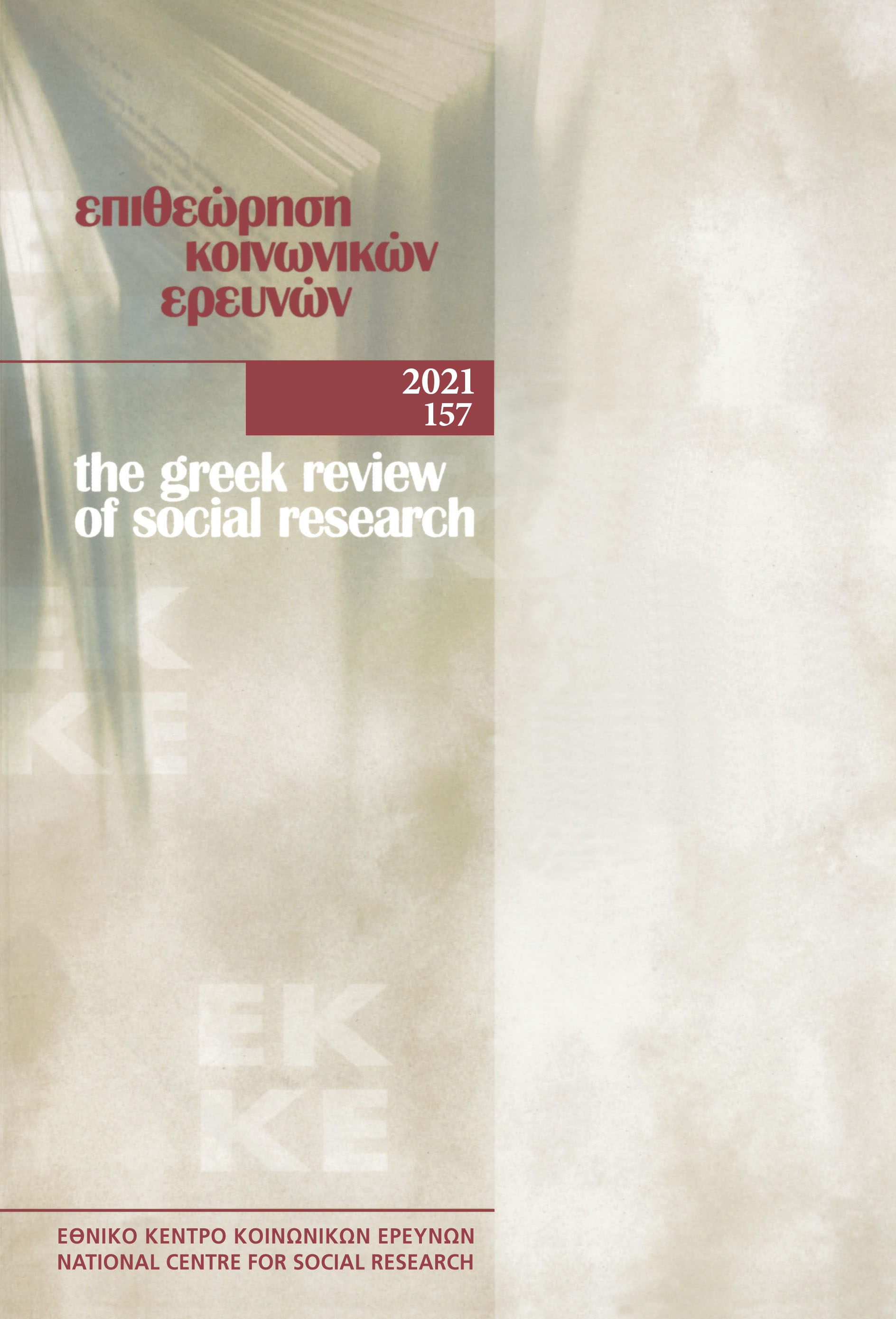Performance and (post)digital ontologies: A comment from an anthropological point of view

Abstract
Causey (2016) introduced the concept “postdigital performance” to describe the works of artists who, as he argues, think digitally, that is, they incorporate structural elements of the digital in their performances, in order to resist the systems of control inherent in the contemporary postdigital culture’s networks. Prompted by Causey’s analysis which, within the frame of performance studies, reproduces (dominant western) positivist views on the ontology of the digital (and the humane), in this paper I explore the ways in which the ontological turn in anthropology may shed light on questions concerning the ontology of the digital, without making universalizing claims.
Article Details
- How to Cite
-
Lalioti, V. (2021). Performance and (post)digital ontologies: A comment from an anthropological point of view. The Greek Review of Social Research, 157, 89–125. https://doi.org/10.12681/grsr.27619
- Issue
- 2021: 157
- Section
- Articles

This work is licensed under a Creative Commons Attribution-NonCommercial 4.0 International License.
Authors who publish with this journal agree to the following terms:
- Authors retain copyright and grant the journal right of first publication with the work simultaneously licensed under a Creative Commons Attribution Non-Commercial License that allows others to share the work with an acknowledgement of the work's authorship and initial publication in this journal.
- Authors are able to enter into separate, additional contractual arrangements for the non-exclusive distribution of the journal's published version of the work (e.g. post it to an institutional repository or publish it in a book), with an acknowledgement of its initial publication in this journal.
- Authors are permitted and encouraged to post their work online (preferably in institutional repositories or on their website) prior to and during the submission process, as it can lead to productive exchanges, as well as earlier and greater citation of published work (See The Effect of Open Access).


